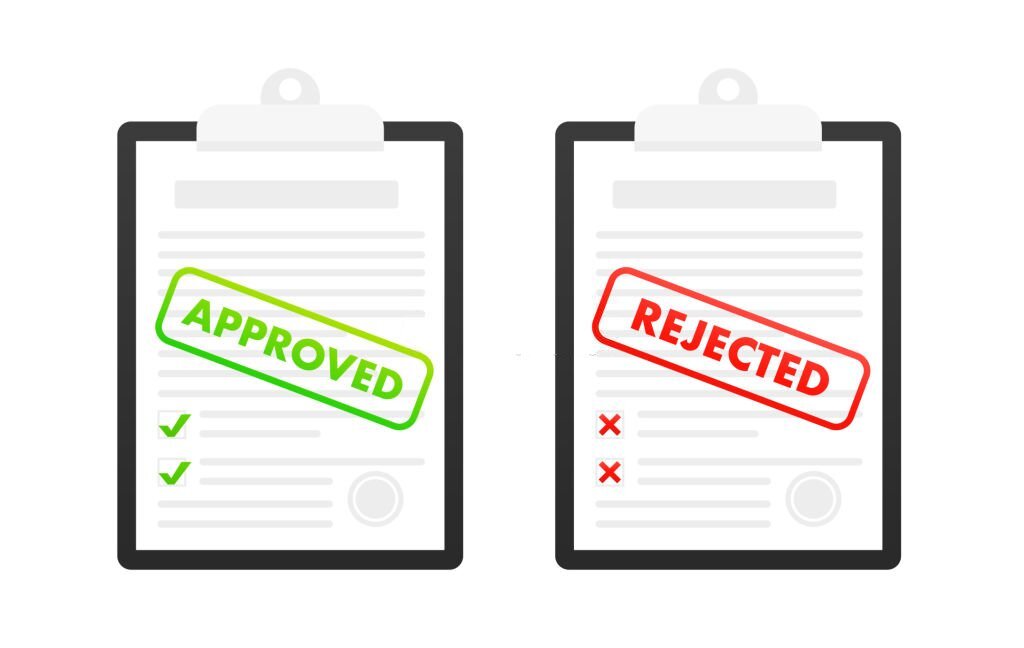How to Choose the Right Health Insurance Plan
Health insurance is an essential aspect of maintaining financial security and peace of mind in today’s world. It provides coverage for medical expenses and helps protect against unexpected healthcare costs. However, choosing the right health insurance plan can be a daunting task. With numerous options available, it’s important to make an informed decision based on your specific needs and circumstances. This article will guide you through the process of selecting the right health insurance plan that suits your requirements.

1. Introduction
Understanding the significance of health insurance is the first step towards choosing the right plan. Health insurance ensures that you have access to quality healthcare without incurring exorbitant expenses. It acts as a safety net during medical emergencies and provides coverage for preventive care, hospitalization, medication, and other healthcare services.
2. Importance of Health Insurance
Health insurance offers financial protection against the rising costs of medical treatments. Without insurance, medical bills can quickly accumulate and lead to significant financial burdens. Having health insurance provides peace of mind, knowing that you are covered in case of unexpected health issues.
3. Assessing Your Needs
Before diving into the selection process, it’s important to assess your healthcare needs. Understanding the types of health insurance plans available and evaluating coverage options will help you make an informed decision.
3.1 Understanding Different Types of Health Insurance Plans
There are various types of health insurance plans, including Health Maintenance Organizations (HMOs), Preferred Provider Organizations (PPOs), Point of Service (POS) plans, and High-Deductible Health Plans (HDHPs) with Health Savings Accounts (HSAs). Each plan has its own advantages and limitations, so it’s crucial to understand how they work and which one aligns with your requirements.
3.2 Evaluating Coverage Options
Consider the coverage options offered by different health insurance plans. Assess your healthcare needs and determine whether a plan provides coverage for essential services such as doctor visits, hospitalization, prescription medications, specialist care, and preventive services.
4. Considerations for Choosing a Health Insurance Plan
When choosing a health insurance plan, several factors need to be considered to ensure it meets your needs effectively.
4.1 Cost Factors
Evaluate the costs associated with each plan, including monthly premiums, deductibles, copayments, and coinsurance. Consider your budget and financial capabilities to determine what you can comfortably afford. While it may be tempting to choose the plan with the lowest premiums, remember to also consider the out-of-pocket costs associated with each plan.

4.2 Network Coverage
Check the network coverage of the health insurance plans you’re considering. Networks consist of healthcare providers, hospitals, and specialists that have agreements with the insurance company. Ensure that the plan you choose includes your preferred doctors, hospitals, and healthcare facilities within its network. Out-of-network care may result in higher costs or limited coverage.
4.3 Prescription Drug Coverage
If you regularly take prescription medications, it’s crucial to assess the prescription drug coverage offered by each plan. Look into the formulary, which is a list of covered medications, and check if your prescriptions are included. Consider factors such as copayments for medications and any restrictions or prior authorization requirements.
4.4 Additional Benefits
Some health insurance plans offer additional benefits beyond basic medical coverage. These may include dental and vision care, mental health services, alternative therapies, and wellness programs. Evaluate whether these additional benefits align with your needs and if they justify the overall cost of the plan.
5. Understanding Health Insurance Terminology
To make an informed decision, it’s essential to understand common health insurance terms. Here are a few key terms you should be familiar with:
5.1 Premiums
Premiums are the monthly payments you make to maintain your health insurance coverage. It’s important to budget for these payments and ensure they fit within your financial means.
5.2 Deductibles
A deductible is the amount you need to pay out-of-pocket before your health insurance coverage kicks in. Higher deductibles often mean lower monthly premiums but require you to pay more upfront before the insurance company starts contributing.
5.3 Copayments and Coinsurance
Copayments are fixed amounts you pay for specific services, such as doctor visits or prescriptions. Coinsurance, on the other hand, is a percentage of the cost you are responsible for after meeting your deductible. Understanding copayments and coinsurance helps you anticipate your out-of-pocket expenses.
5.4 Out-of-Pocket Maximums
The out-of-pocket maximum is the maximum amount you have to pay in a calendar year for covered services. Once you reach this limit, your health insurance will cover 100% of the costs for the remainder of the year. It’s important to consider the out-of-pocket maximum when assessing the financial protection provided by a plan.

6. Comparing Health Insurance Plans
After evaluating your needs and understanding the terminology, it’s time to compare different health insurance plans. Create a side-by-side comparison chart that includes the key factors mentioned earlier, such as costs, network coverage, prescription drug coverage, and additional benefits. This will help you visualize and compare the pros and cons of each plan more effectively.
7. Seeking Professional Advice
Choosing the right health insurance plan can be complex, and seeking professional advice can be beneficial. Insurance brokers or agents specialize in health insurance and can provide guidance based on your specific needs. They can explain the intricacies of different plans and help you navigate through the options available.
8. Making an Informed Decision
Armed with the knowledge and information gathered, you are now ready to make an informed decision. Consider your budget, healthcare needs, coverage preferences, and advice from professionals. Choose a health insurance plan that strikes the right balance between cost and coverage to meet your individual requirements.

9. Conclusion
In conclusion, selecting the right health insurance plan is a critical decision that requires careful consideration. By assessing your needs, understanding different plan types, evaluating coverage options, and considering cost factors, network coverage, prescription drug coverage, and additional benefits, you can make an informed choice. Understanding health insurance terminology and comparing plans side by side will further assist you in finding the best fit for your needs.
Remember, seeking professional advice can provide valuable insights and guidance throughout the decision-making process. Insurance brokers or agents can help clarify any doubts and ensure you have a comprehensive understanding of the options available to you.
Once you have chosen a health insurance plan, it’s important to review the policy details thoroughly and keep track of any changes or updates made by the insurance provider. Regularly reassess your healthcare needs and consider if your chosen plan continues to meet those needs over time.
By carefully selecting the right health insurance plan, you can gain peace of mind knowing that you have financial protection and access to quality healthcare when you need it most.







